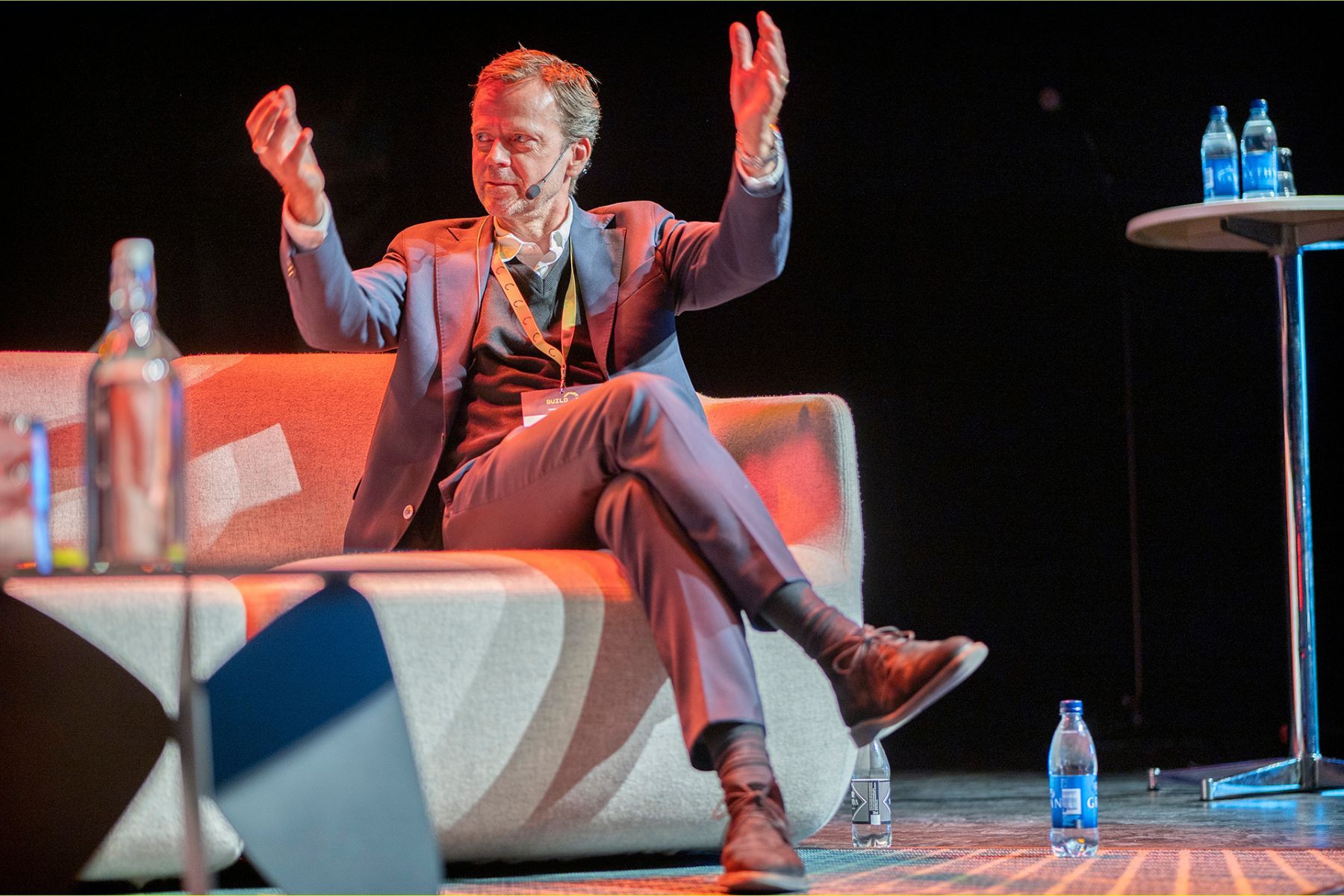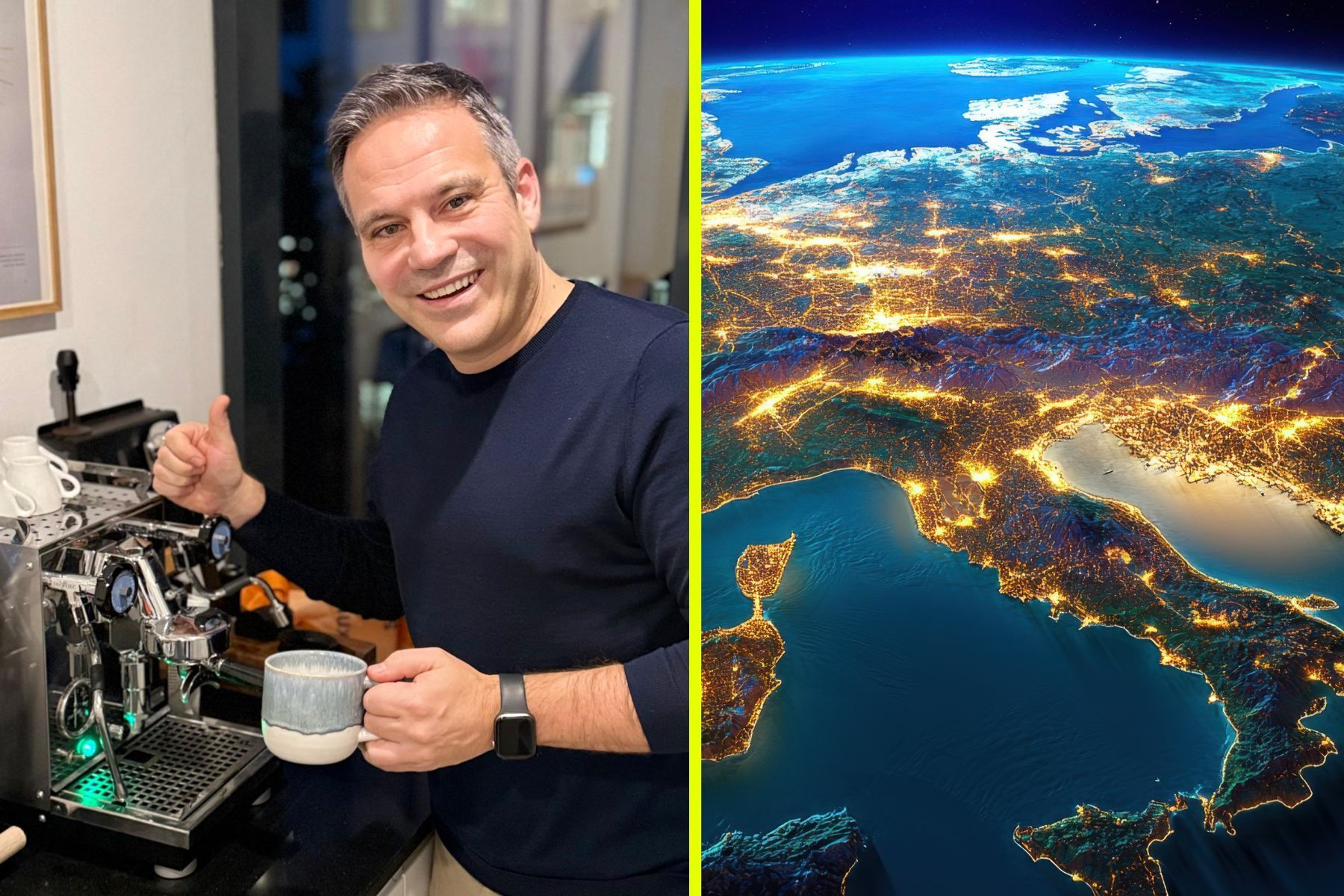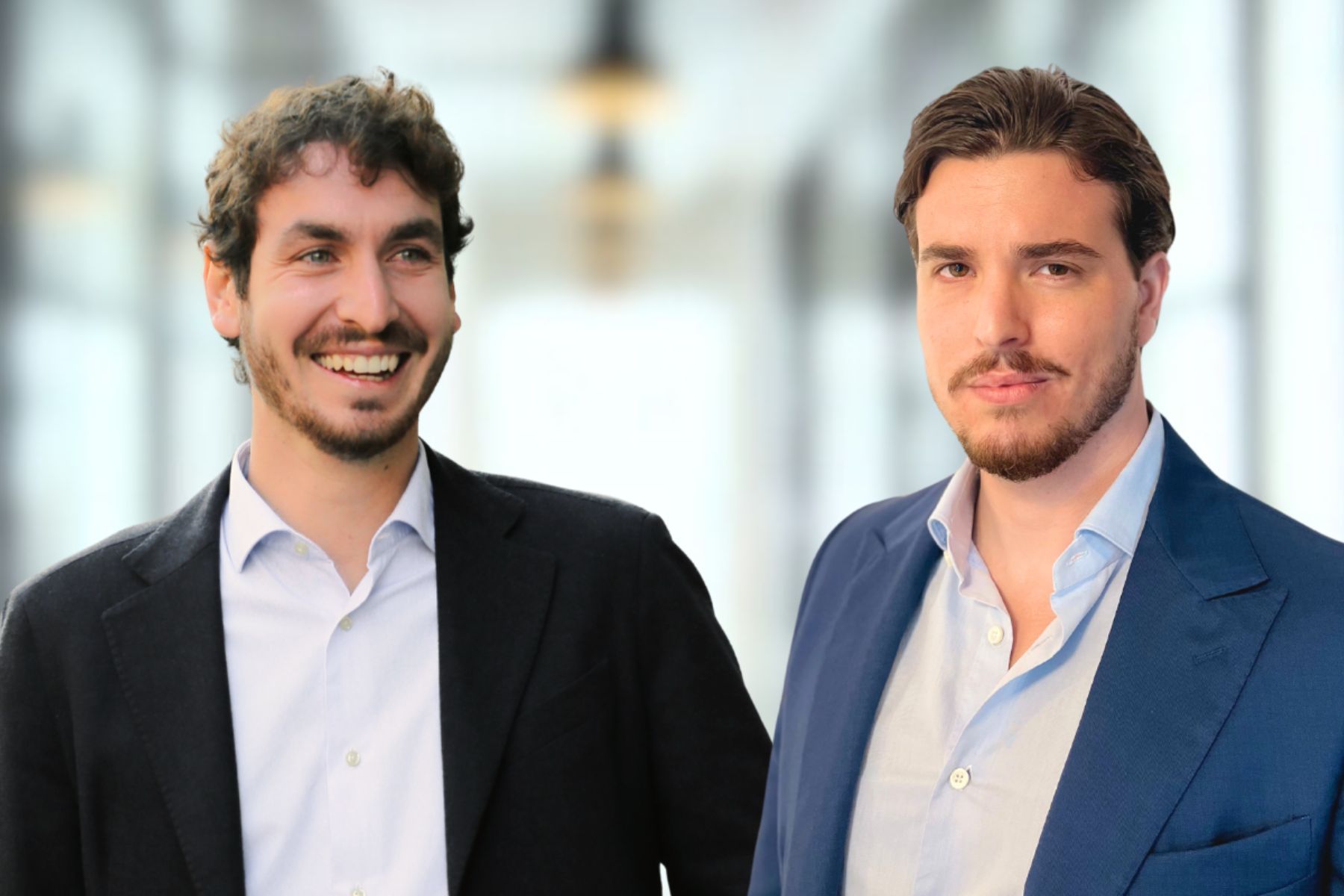'I'm an 'endineer' – here's what I can teach you about offboarding your products'
The end of the consumer journey is a glaring blind spot for most businesses. More focus on what should happen to products when they’re no longer needed can reinforce brand loyalty, foster meaningful action and help tackle climate change, argues ‘endineer’ Joe McLeod.

So you are in another product development meeting. The team enthusiastically discusses customer experience, marketing messages, unboxing experiences, and first-time user delight. But then you pose the question, “How does it end?”. You’re met with silence, confusion, or even paralysis.
The end of the consumer journey is a blind spot for many companies. Ignoring this phase doesn’t just undermine critical issues like waste reduction, sustainability, and climate change. It damages brand equity, long-term reputation, and customer engagement.
While many companies are making strides in areas such as material innovation and manufacturing efficiency, they still often reduce the product experience end-of-life narrative to, “It’s recyclable!”.
But material capability alone cannot define a meaningful consumer experience. The failure to communicate effectively and inspire consumer action diminishes uptake of sustainability efforts, fosters confusion, and risks accusations of greenwashing.
The Lifecycle Disconnect
Consumer experiences can be divided into three key phases: onboarding, usage, and offboarding.
Onboarding builds excitement by promising transformation and improvement.
Usage fulfills those promises through functionality, entertainment, or utility.
In these first two stages, businesses deploy emotional, branded messaging to connect with consumers, boosting their confidence and appealing to their aspirations.
But when the product journey reaches offboarding, the tone abruptly shifts. The partnership between brand and consumer typically falls off a cliff. Individuals are left to navigate the end of the product’s life alone.
Suddenly, the language becomes impersonal, filled with legal, technical, and material jargon. Consumers are burdened with responsibilities they often don’t fully understand, such as material makeup, recycling processes, or waste sorting.
This stark transition from emotionally supportive branding to cold transactional language isolates the consumer and stifles engagement. As a result, uptake of environmentally friendly practices remains low, and brands miss an opportunity to create a powerful final chapter in their product narratives.
Why offboarding matters now more than ever
For centuries, societies have normalized the idea that cleaning up product waste is an external responsibility. However, this status quo is no longer sustainable. Modern consumers are increasingly conscious of their environmental impact, but they remain underserved by clear guidance or meaningful end-of-life experiences.
To address environmental concerns, many businesses pursue sustainability certifications, with publicly listed companies typically spending between $220,000 (€200,000) and $480,000 (€440,000) annually on these initiatives. Despite this investment, the communication of such efforts to consumers often falls flat. Businesses rely on technical symbols or dense data, failing to inspire consumer trust or action.
The problem with labels
Consider the over 200 environmental labels currently in use across the EU. Consumer understanding of these labels is strikingly low. A UK survey revealed that 75% of people struggle to grasp terms like “environmentally friendly” or “locally grown,” and only 4% could define the concept of a “circular economy.” This lack of clarity undermines consumer confidence and diminishes the return on businesses’ sustainability investments. Worse, poorly communicated claims invite skepticism and accusations of greenwashing.
Emerging EPR legislation will further challenge businesses by requiring them to manage product take-backs and increase accountability. Unfortunately, without a consumer-friendly approach to offboarding, these regulations risk exacerbating confusion while imposing additional compliance burdens on businesses.
An untapped potential: emotional endings
Most businesses view offboarding as a space for factual and legal obligations. They focus on compliance rather than leveraging this phase as a unique branding opportunity.
Yet the end of the consumer journey holds enormous potential to reinforce brand loyalty and foster meaningful action. The end is the place to start working on your brand’s offboarding story.
Humans are natural storytellers. For centuries, stories have been a primary way to communicate values, resolve conflicts, and inspire action. Today, we remain drawn to well-crafted narratives in books, films, and even brands.
A compelling ending brings resolution, purpose, and a sense of closure. Yet consumerism consistently fails to deliver this. Businesses invest heavily in captivating introductions but leave the conclusion barren of emotion or meaning.
A compelling ending brings resolution, purpose, and a sense of closure
A storytelling-rich offboarding phase should reflect the emotional and celebratory bond cultivated during onboarding and usage. Instead of overwhelming consumers with jargon or shifting the burden entirely onto them, brands can:
1. Extend the narrative: use storytelling to celebrate the product’s entire lifecycle, including its end.
2. Empower consumers: provide clear, actionable steps to ensure sustainable disposal or reuse.
3. Create emotional Impact: foster a sense of pride and responsibility by framing considerate conclusions as a shared achievement.
The future of meaningful endings
The final phase of a product’s lifecycle represents an open frontier for innovation and consumer engagement. By prioritizing meaningful endings, businesses can not only meet sustainability goals but also strengthen their relationships with consumers. Offboarding is an opportunity to close the loop in a way that aligns with brand values and consumer aspirations, turning the end into a celebration rather than an afterthought.
Joe Macleod is the founder of the world’s first business dedicated to customer endings—AndEnd. Originally from the UK and based in Stockholm, he has written two books about consumer waste, and is a sought-after TedX speaker.
Get full access to Europe's new platform for impact news
- Quality journalism, interviews, investor profiles and deep-dives
- Daily newsletter with top stories, latest funding rounds and roundup to keep you in the loop
Keep reading – get in the loop!
- Håll dig i loopen med vårt dagliga nyhetsbrev (gratis!)
- Full tillgång till daglig kvalitetsjournalistik med allt du behöver veta inom impact
- Affärsnätverk för entreprenörer och investerare med månatliga meetups
Fortsätt läsa – kom in i loopen!
- Håll dig i loopen med vårt dagliga nyhetsbrev (gratis)!
- Full tillgång till daglig kvalitetsjournalistik med allt du behöver veta inom impact
- Affärsnätverk för entreprenörer och investerare med månatliga meetups









